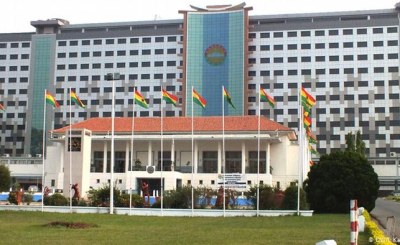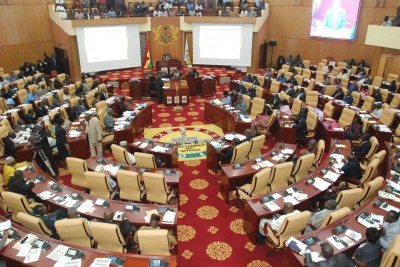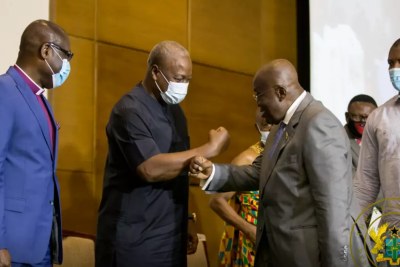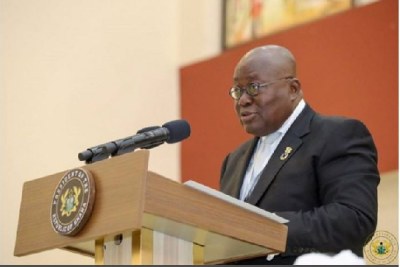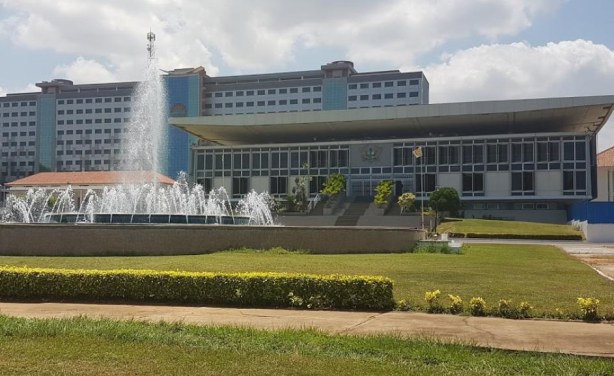-
Ghana: Country's Democracy Has Recently Shown Cracks. Here's How to Fix It
The Conversation Africa, 19 July 2021
The sight of soldiers in Ghana's parliament on January 7, 2021 was a first for the country. What brought the institution to this point - now the subject of an inquiry - was a… Read more »
-
Ghana: Are New Centres of Power a Good Idea? People in Ghana's Oti Region Are Divided On the Issue
The Conversation Africa, 14 July 2021
Governments often pursue strategies to establish regional centres of power in an effort to decentralise and bring the state closer to the governed. Read more »
-
Ghana: 'Your Interventions in Nandom Unparalleled' - Nandom Chiefs to President Akufo-Addo
Ghana Presidency, 14 July 2021
The Acting President of the Nandom Traditional Council, Naa Domepreh Gyereh III, has described the interventions undertaken by the President of the Republic, Nana Addo Dankwa… Read more »
How To Fix the Cracks In Ghana's Style of Democracy
Ghana's democracy takes the western majoritarian form, in which the majority side is "always right". It gives governments a freer hand to enact the policies on which they campaigned. But critics say it distorts outcomes by favouring strong parties and under-representing weaker ones.
In consensus-based democracies, in contrast, voting is not necessarily used to determine an issue, settle controversies or reach an agreement. Elections still determine the formation of the government. But factions build consensus and reach agreements amenable to both sides. The minority accepts the agreement not because it takes that particular position but because of the need for maintaining and building relations. The Dutch system is a very clear example.
Consensus democracy as the definitive system of governance is the way to go. Elections are good, especially when a large majority has to decide an issue, such as choosing a president and parliamentarians. But there is a need to use consensus to agree on some issues, including the rules of voting. Consensus-based democracy, unlike western majoritarian rule, allows for agreements based on healthy debates and genuine compromises writes Kaderi Noagah Bukari for The Conversation.
InFocus
-
Ghanaians have expressed their opinions about the spectacle that unfolded in parliament when lawmakers assembled to choose the Speaker for the Eighth Parliament of the Fourth ... Read more »
-
On March 4, 2021 Ghana's Supreme Court unanimously ruled to uphold the second-term victory of President Nana Akufo-Addo in the December 7, 2020 general elections. Akufo-Addo's ... Read more »
-
Ahead of the resumption of his second four-year term, President Nana Addo Dankwa Akufo-Addo has pledged to revitalise the nation's economy against the tide of the Covid-19 ... Read more »
